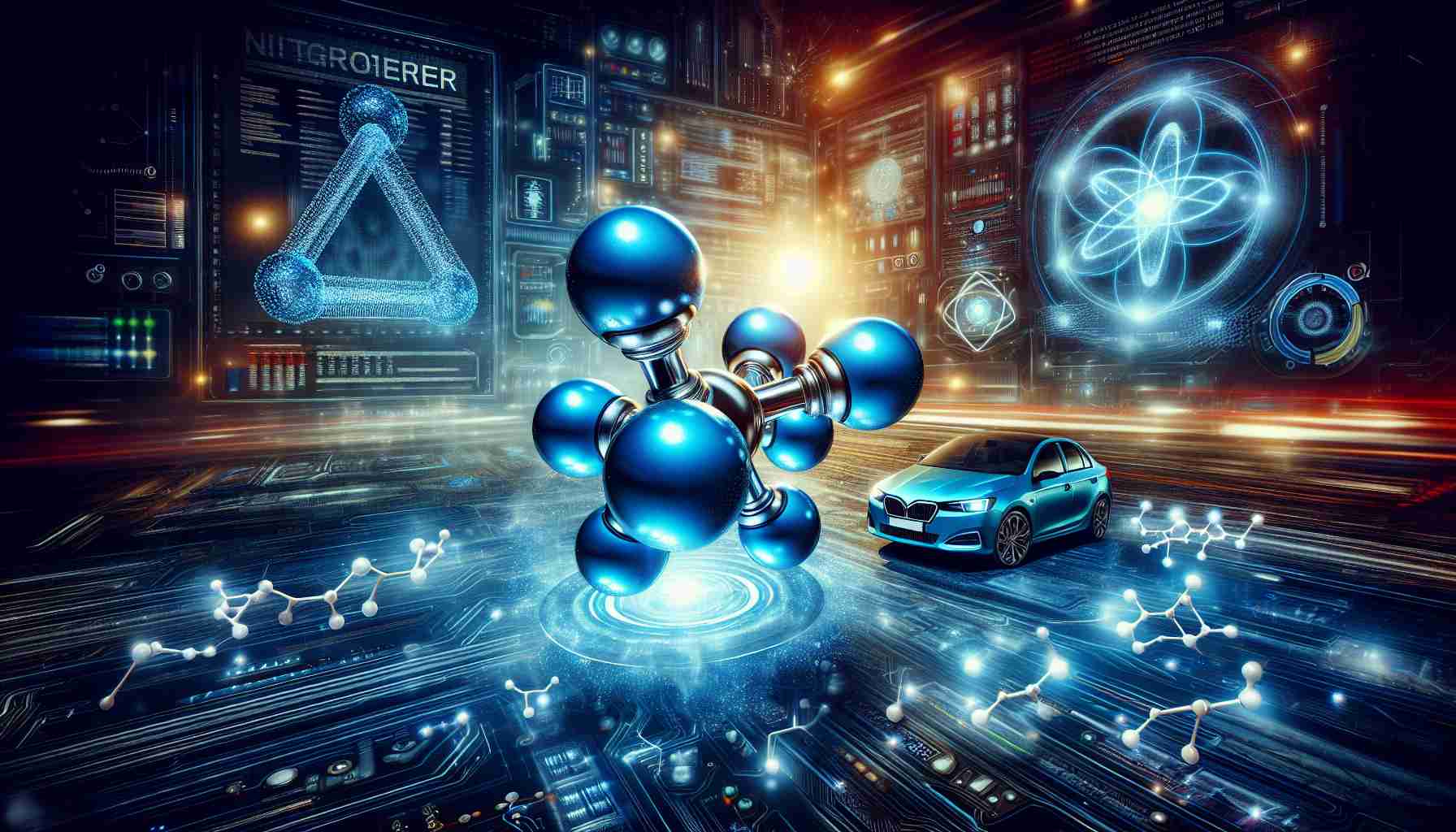The New Contender in Clean Energy
Within the renewable fuel industry, a surprising new contender is emerging: nitrogen. As the global community seeks sustainable alternatives to fossil fuels, innovation is at the forefront, and nitrogen engines are making waves.
While hydrogen has long been viewed as a potential frontrunner in clean fuels due to its abundance and eco-friendly emissions, it faces significant challenges. The production process is complicated and expensive, particularly the need for supercooling and maintaining hydrogen in a liquid state. Convenience is also an issue; hydrogen refueling stations are sparse, making it less appealing to everyday consumers.
Conversely, nitrogen possesses remarkable properties that could revolutionize engine technology. Current projects, including one by a London-based firm, highlight nitrogen’s ability to expand significantly when transitioning between liquid and gas states. This expansion could drive pistons in conventional engine designs, allowing for a feasible and less complex operation. Moreover, the emissions from nitrogen usage are limited to an oxygen-nitrogen blend, effectively removing greenhouse gas concerns.
Nevertheless, experts warn of potential long-term environmental impacts if nitrogen levels were to rise excessively. Researchers are diligently examining ways to mitigate this risk, ensuring that the transition to nitrogen fuel remains mindful of ecological balance.
As research progresses, the prospect of nitrogen-powered vehicles has captured interest, albeit future implementation remains uncertain. For now, hydrogen still holds the spotlight in the renewable energy arena but nitrogen’s promise shouldn’t be overlooked.
The Surprising Rise of Nitrogen as a Clean Energy Source
In the quest for sustainable energy solutions, a new contender has emerged within the renewable fuel industry: nitrogen. As the world increasingly shifts towards green energy alternatives to fossil fuels, the exploration of nitrogen as fuel is gaining traction, offering a unique avenue towards cleaner transportation.
Understanding Nitrogen Technology
Nitrogen, a gas that makes up approximately 78% of the Earth’s atmosphere, is being investigated for its potential in engine technology. Unlike hydrogen, which has been a popular contender for clean fuels, nitrogen presents fewer logistical challenges. The core concept revolves around nitrogen’s ability to expand dramatically from a liquid state to a gas, providing mechanical energy that can effectively drive pistons in engines. This could lead to the development of simpler and more efficient engine systems.
Pros and Cons of Nitrogen as Fuel
Pros:
– Abundant and Inexpensive: Nitrogen is readily available in the atmosphere, making it a cheap resource for energy production.
– Reduced Emissions: The byproducts of nitrogen combustion are primarily an oxygen-nitrogen blend, which is less harmful than carbon emissions associated with traditional fuels.
– Simpler Fuel Infrastructure: Nitrogen does not require complex refueling systems like those needed for hydrogen, making it potentially more accessible to consumers.
Cons:
– Environmental Concerns: Excessive nitrogen usage could lead to ecological imbalances, including the potential for increased atmospheric nitrogen levels that may cause pollution.
– Research and Development: The technology is still in its infancy, requiring significant investment and research before it can be widely implemented commercially.
Current Innovations and Future Trends
Ongoing projects, particularly from innovative firms in urban centers like London, are essential in developing a viable nitrogen fuel system. The research focuses not only on how to utilize nitrogen more effectively but also on developing methods to limit potential negative environmental impacts.
Market Insights and Predictions
The clean energy market is rapidly evolving, with an increasing investment in various alternative fuels. As hydrogen still remains a leading option, nitrogen’s growth potential cannot be dismissed. Experts predict that if successful, nitrogen technology could develop into a strong complement to existing renewable fuels within the next decade.
Conclusion
The exploration of nitrogen as a viable renewable fuel represents a significant advancement in clean energy technology. While it currently operates in shadow of hydrogen, its unique advantages and the active research backing its development make it a fascinating option for the future of transportation. As society progresses towards more sustainable energy solutions, both consumers and industry stakeholders should keep a close eye on the evolution of nitrogen-powered technology.
For more information on clean energy advancements, visit Clean Energy Innovations.














